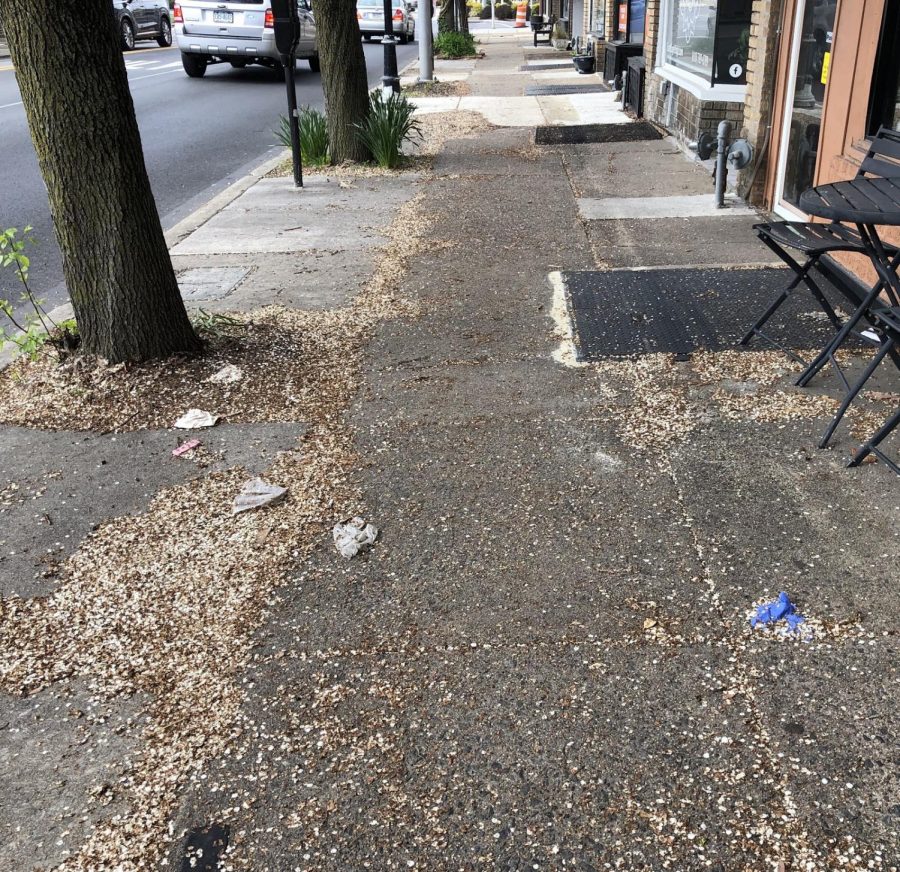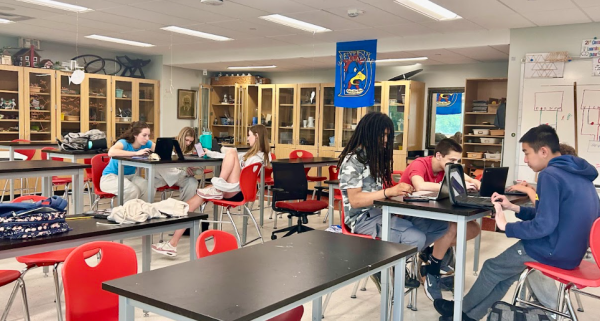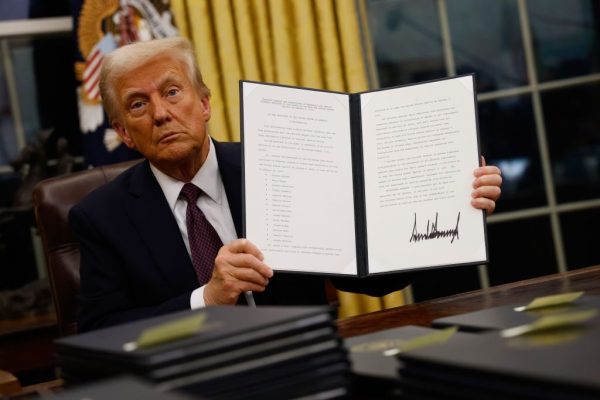Informed and Responsible Use of PPE
Disposable gloves littered on Eagle Road in Havertown, PA.
As COVID-19 continues to alter the lives of people around the globe during the “peak season” of this pandemic, social distancing practices are more important than ever in order to protect ourselves and our communities. Most recently, the use of personal protective equipment (PPE) such as face masks and disposable gloves has surged as more people attempt to stop the spread of disease. However, those who find themselves forced to use these methods while in public spaces should make a few considerations before proudly donning their coronavirus gear.
Covering your face seems like a good strategy to avoid spreading COVID-19, especially considering that many of those infected can be asymptomatic and spread the disease unknowingly. Concerning the use of personal protective equipment such as face masks, the Centers for Disease Control and Prevention (CDC) recommends wearing them only in public spaces, where you may be in close contact (less than six feet) with other people, such as grocery stores and pharmacies. However, in light of these guidelines, it is hard to approve of those who continue to tout N-95 and other medical masks that should be reserved for healthcare providers who continue to work hard for public safety. Essential workers who are forced to expose themselves to COVID-19 patients should all be able to obtain the proper amount of these facemasks before the general population decides they are entitled to these protections, which do not even eliminate their chances of contracting the virus. Face masks are still able to become contaminated if wearers touch their face with dirty hands, or wear them several times outside but neglect to clean them properly.
In addition to facial coverings, plastic and latex gloves have become a staple item for protection against coronavirus, which can remain on hard surfaces for several days. Similar to facemasks, gloves are not significantly “safer” than bare hands unless they are properly used. Putting gloves on with unwashed hands, improperly removing the gloves, or touching commonly-used surfaces (phones, clothing, doorknobs, etc.) eliminates any supposed benefits that gloves might give the wearer. Furthermore, used gloves are frequently littered in the street along with other single-use plastic trash. Not only does this pose an environmental concern, but is another way in which COVID-19 could be spread. The CDC says in its PPE guidance, “Gloves protect you against contact with infectious materials. However, once contaminated, gloves can become a means for spreading infectious materials to yourself, other patients or environmental surfaces.”
In reality, quarantining at home and social distancing during this time is the most effective way to avoid getting sick or becoming a carrier of this disease. If it is necessary for you to go into public spaces, do so responsibly and please recognize how personal protective equipment can (and cannot) protect you against this unprecedented pandemic. Stay safe and informed! For more information on how to prevent getting sick, please visit https://www.cdc.gov/coronavirus/2019-ncov/prevent-getting-sick/index.html.













Rachel Plasky • Apr 14, 2020 at 12:34 pm
Needed to be said.